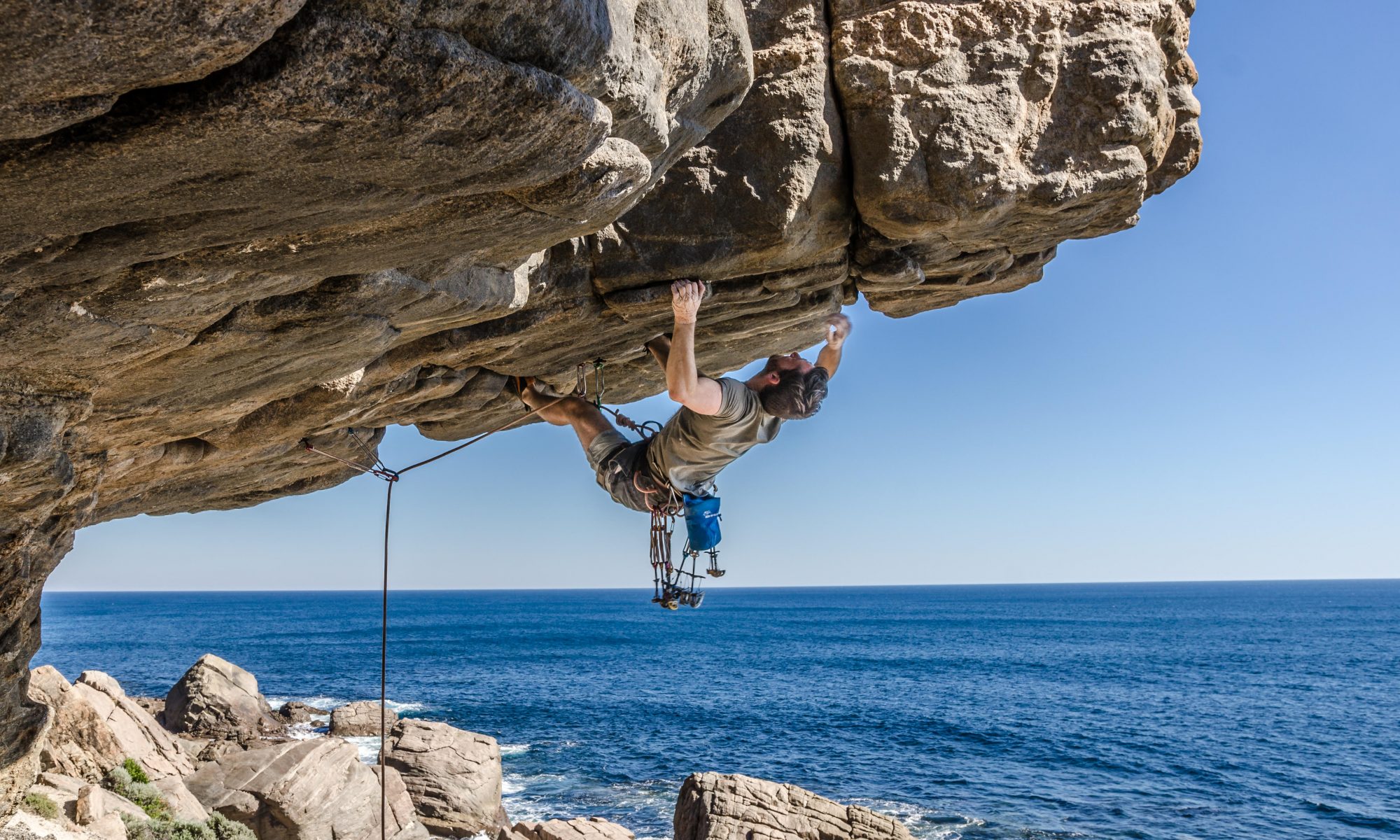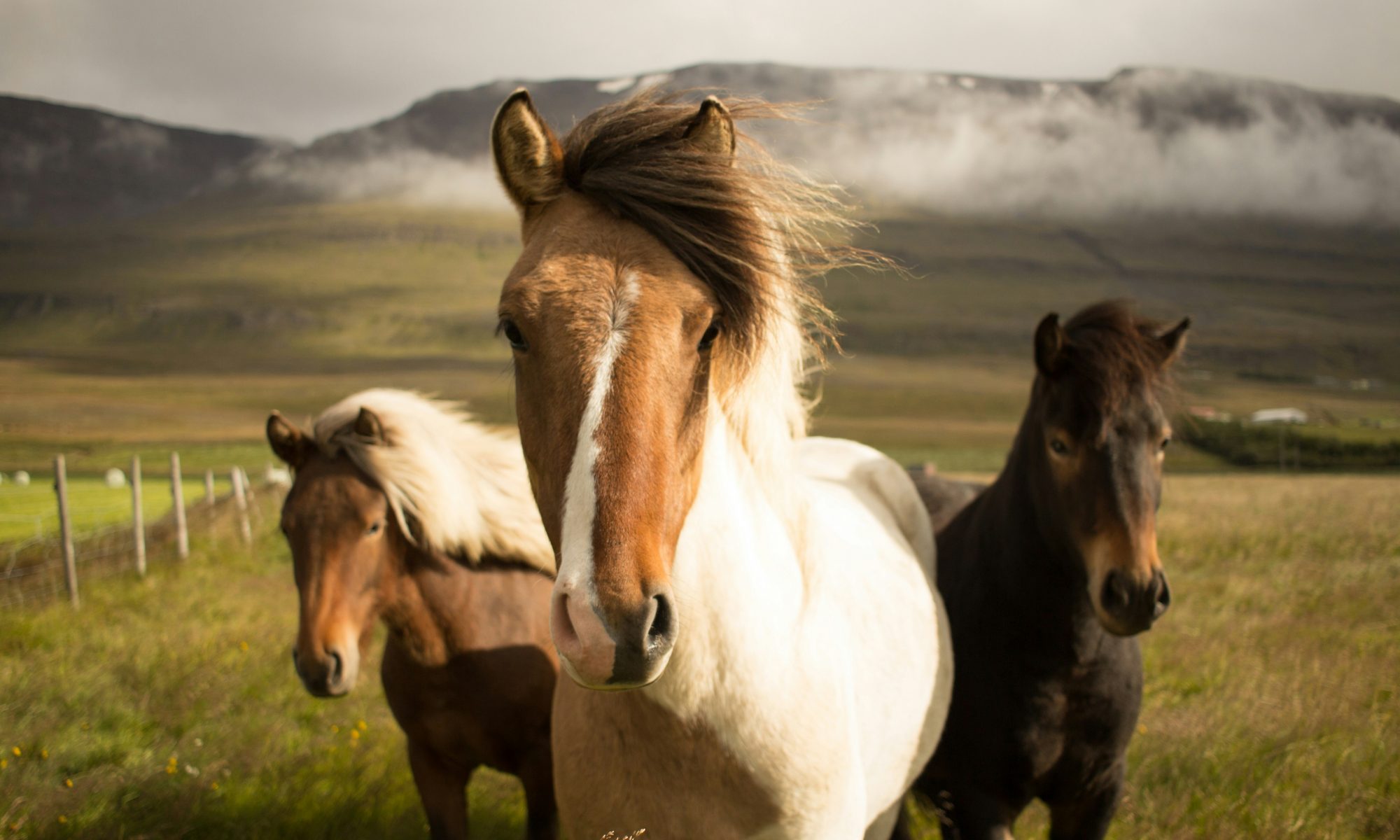Insights from My Conversation with Renate Larssen
In the world of equestrianism, the bond between humans and horses is often romanticised as an unbreakable connection built on trust and understanding. However, a deeper exploration into this relationship reveals that our approach, training methods, and historical context often differ significantly from the romantic ideals and require a significant re-evaluation.
At the heart of this discussion is the importance of relationship building. Horses, like humans, are social animals that thrive on connections. Yet, our traditional training methods often prioritise obedience and control, side-lining the emotional needs and agency of the horse. It is crucial to foster a bond that is built on mutual respect, understanding, and not coercion and control. This requires us to move away from anthropomorphising and recognise that our horses have their own perspectives and experiences, a concept known as Umwelt, which emphasises viewing the world through the lived experiences of the horse.
Understanding the agency of horses is central to establishing effective communication with them. Horses are intelligent, sentient beings that express preferences, fears, and desires. Acknowledging their individuality and allowing them the freedom to express themselves, to have a voice, is vital. When we give them the options for choice, respect their choices and provide them with opportunities to engage in meaningful activities, we cultivate a relationship that is enriched and fulfilling for both parties.
An ecological perspective sheds light on the interconnectedness of all life forms and encourages us to consider our horses not just as our companions but as part of a larger system. This holistic view promotes a shift from an anthropocentric mindset, where humans are seen as the pinnacle of existence, to recognising the intrinsic value of horses as fellow sentient beings with their own needs and cultures.
The enrichment of environments plays a critical role in equine welfare. Horses should have spaces that allow for exploration, social interaction, and expression of natural behaviours. By creating dynamic environments, we can stimulate their cognitive development and enhance their overall well-being. Studies indicate that animals thrive in enriched settings, leading to happier and more adaptive individuals.
Furthermore, a critique of conventional training methods highlights the need to transition away from repetitive, uninspired drills toward approaches that foster active learning. Just as children benefit from engaging learning experiences, horses can also flourish when given opportunities to solve problems and make choices. This method encourages not only skill development but also deepens the horse-human connection.
As we navigate these transformations, it’s important to consider the historical and cultural influences that shape our perceptions of horses. Many of our practices stem from a military model that emphasises discipline and obedience, which is increasingly seen as outdated. These influences were as also prevalent in children’s physical education, sports, and coaching, but human activities have been moving away from these military influences for some time. Acknowledging this context helps us recognise that it is not just equestrian activities that need to unlearn harmful habits and adopt practices that prioritise empathy and compassion.
In summary, building meaningful relationships with our horses involves a profound shift in perspective. By integrating ethical considerations, respecting their autonomy, creating enriching environments, and embracing a holistic, ecological view, we can foster connections that honour the individuality of both horses and humans. As we embark on this journey toward deeper understanding, we not only enhance our horses’ quality of life but also enrich our own experiences as partners in this beautiful, intricate relationship.
Click the link below to listen to the podcast episode with Renate.
https://www.buzzsprout.com/1975020/12913782
Discover more from Dynamics Coaching
Subscribe to get the latest posts sent to your email.

